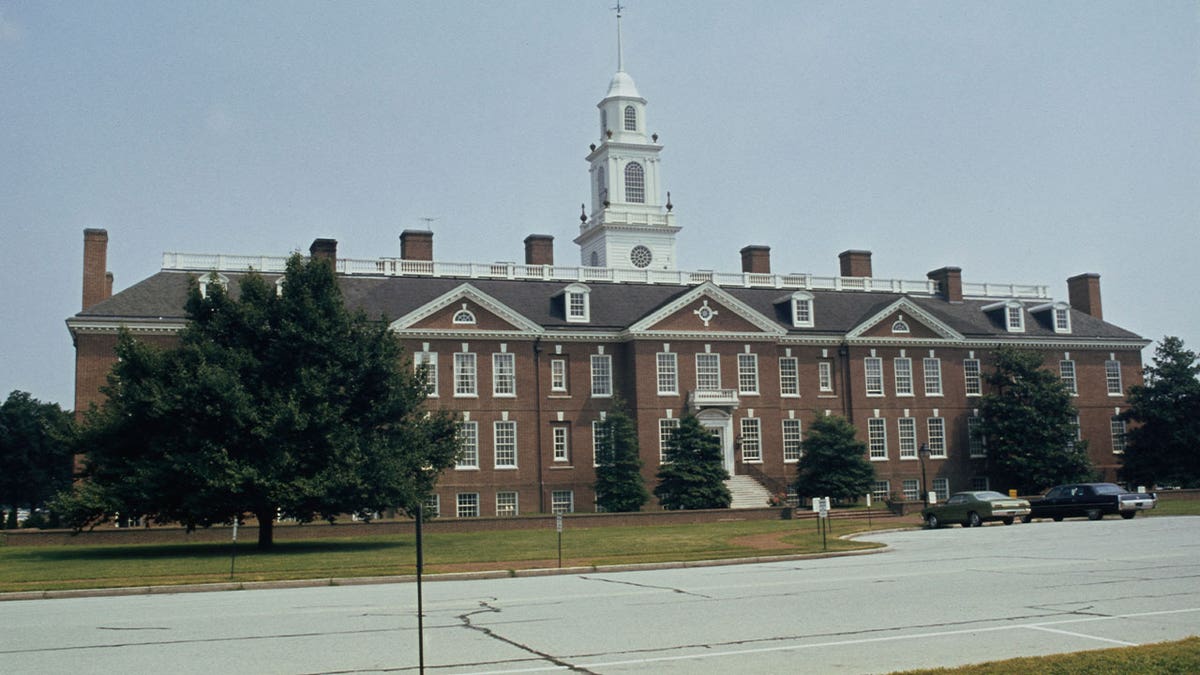A proposed charter change in Seaford, Delaware, has sparked national debate by potentially granting voting rights to business entities in municipal elections. The Delaware House of Representatives recently approved the legislation, which now awaits consideration in the Senate when the General Assembly reconvenes next year.
This change wouldn't be entirely unprecedented in Delaware. Several municipalities already permit nonresident property owners to vote, and a few extend this right to corporations and trusts in certain elections. Seaford's proposal aims to allow both individuals and artificial entities, such as corporations, partnerships, and LLCs established in Delaware, to vote. Each entity would receive a single vote, regardless of how many properties it owns.

Designated legal representatives, who must be Delaware residents, would cast votes on behalf of these entities through power of attorney or other legal documentation. To prevent multiple votes from related entities, beneficial owners' identities would be verified against voter registration records.
While such charter changes typically proceed without much fanfare, this proposal has attracted attention due to opposition from groups like Common Cause and the ACLU. They argue against corporate influence in elections, while supporters, including Rep. Danny Short, a former Seaford mayor and the bill's sponsor, emphasize the potential economic benefits for the town, particularly after significant job losses following the closure of a major DuPont plant.
Seaford officials believe that giving business owners who have invested in the town a voice in local matters could aid in economic recovery. This perspective contrasts with critics' concerns about outside influence overriding the will of Seaford residents. The debate highlights differing views on the role of businesses in local governance and the balance between economic development and resident representation.
The discussion also brings to light the broader context of nonresident voting rights. According to the National Conference on State Legislatures, several states allow nonresidents to vote in specific local elections. This practice, while not widespread, exists in various forms across the country. The outcome of the Seaford proposal could influence future discussions on similar measures elsewhere.
Comments(0)
Top Comments